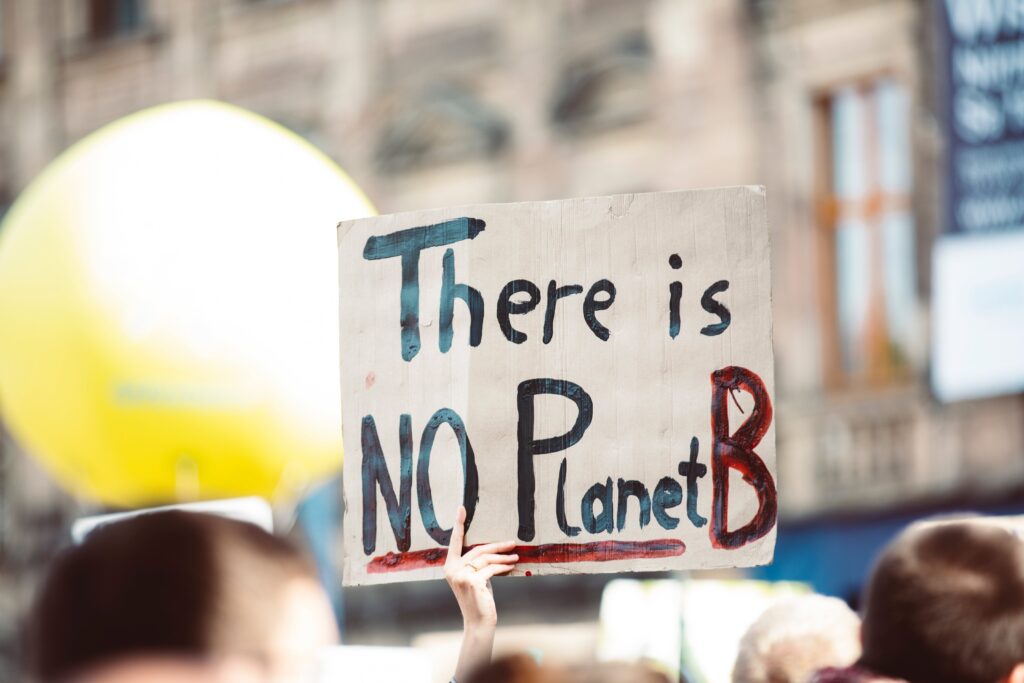
courtesy of Markus Spiske on Pexels
In a historic turn of events, the 28th Conference of the Parties (COP) concluded with a groundbreaking agreement to “transition away from fossil fuels.” This marks the first time such an explicit commitment has been incorporated into the final agreement at a COP. However, despite this unprecedented move, some nations advocated for more robust commitments, raising concerns about potential loopholes in the finalised language.
The decisive statement read: “Transitioning away from fossil fuels in energy systems, in a just, orderly and equitable manner, accelerating action in this critical decade, so as to achieve net zero by 2050 in keeping with the science.”
In addition to the overarching agreement, several world leaders pledged commitments designed to accelerate progress toward achieving the 1.5°C target established during the 2015 COP21, also known as the Paris Agreement.
This landmark accord, signed by 196 parties, aims to restrict the rise in global average temperature to 1.5°C above pre-industrial levels by the end of the century. Notable commitments from COP28 include:
Renewable Energy Surge: 130 nations pledged to triple global installed renewable energy generation capacity to at least 11,000 GW by 2030. Concurrently, they committed to doubling the annual rate of energy efficiency improvements from 2% to 4% each year until 2030.
Cooling Emission Reduction: 67 nations vowed to collaboratively reduce cooling-related emissions across all sectors by at least 68% relative to 2022 levels by 2050.
Nuclear Energy Expansion: 22 nations signed the Declaration to Triple Nuclear Energy, aiming to triple global capacity by 2050.
Oil & Gas Industry Commitment: 50 fossil fuel producers endorsed the Oil & Gas Decarbonisation Charter, voluntarily agreeing to cease flaring excess gas by 2030 and eliminate leaks of methane, a potent greenhouse gas.
Sustainable Agriculture and Food Systems: 153 nations committed to the Declaration on Sustainable Agriculture, Resilient Food Systems, and Climate Action, recognising the need to address the impact of food production and land-use changes on carbon emissions.
Despite these additional pledges, the International Energy Agency (IEA) tempered optimism by calculating that the full implementation of COP28 measures would merely narrow the emissions gap related to energy consumption by one third by 2030, in comparison to the existing trajectory towards a 1.5°C scenario. The Financial Times quoted Fatih Birol, CEO of the IEA as saying: “It is good, but it is not good enough.”
While global progress continues towards decarbonisation and a shift away from fossil fuels, meeting legally binding targets necessitates significant strides forward and bold policy developments that have yet to materialise. The challenge ahead lies in turning commitments into concrete action to ensure a sustainable and climate-resilient future for generations to come.
Max Gilbert is an investment director at Gravis.
Header image: courtesy of Pixabay on Pexels


